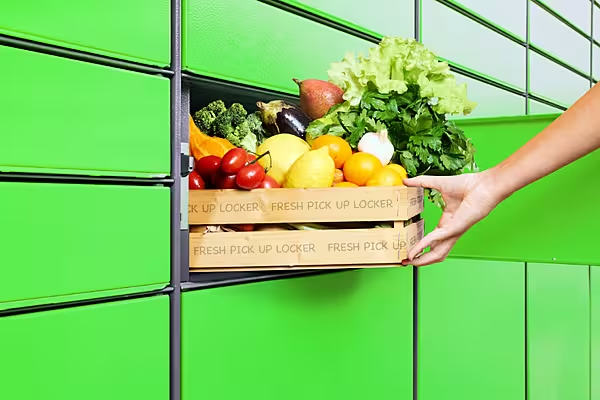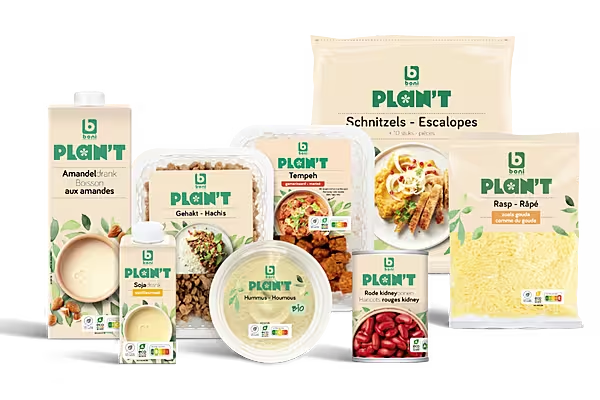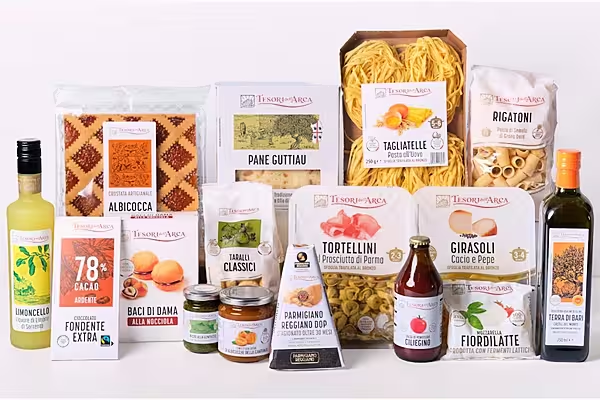The impact of 2020 on the retail space can be captured in two keywords – adaptation and safety.
The need for social distancing provides opportunities for the convenience format to re-invent itself, with the emerging trend of automated stores gaining traction.
While providing a contactless experience, these stores, mainly smartphone enabled, provide a safe and quick shopping experience and enable retailers to expand operations and extend opening hours.
For example, Spar in the Netherlands is trialling a new ‘Mini Spar’ store format at its head office in Waalwijk.
The concept is based on a mobile, one-person shop located in a converted container, with a self-scan checkout and one staff member to manage both stock and store entry protocol.
In France, Monoprix offers a one-person, contactless, cashless shop with no app or cameras to track shoppers. The fact that this system is GDPR-proof makes it an attractive option.
While these are mostly urban-based solutions, rural convenience concepts are also emerging.
In Sweden, the start-up Lifvs is using automated stores to make sure that outlying areas have access to essential goods.
Some 500 products are currently on offer and Lifvs offers customers the convenience of not having to travel too far from their homes.
For all these solutions, assortment remains critical and should be optimised to serve the end user and offer a mix of solutions for an efficient shopping trip.
Take private brands, for example, which continue to gain traction and preference amongst consumers.
Retailers should capitalise on this and improve their private brand offer within the convenience space, in order to increase presence and relevance in these formats.
To read the full report, click here.
© 2021 European Supermarket Magazine – your source for the latest retail news. Sponsored content. Click subscribe to sign up to ESM: European Supermarket Magazine.











